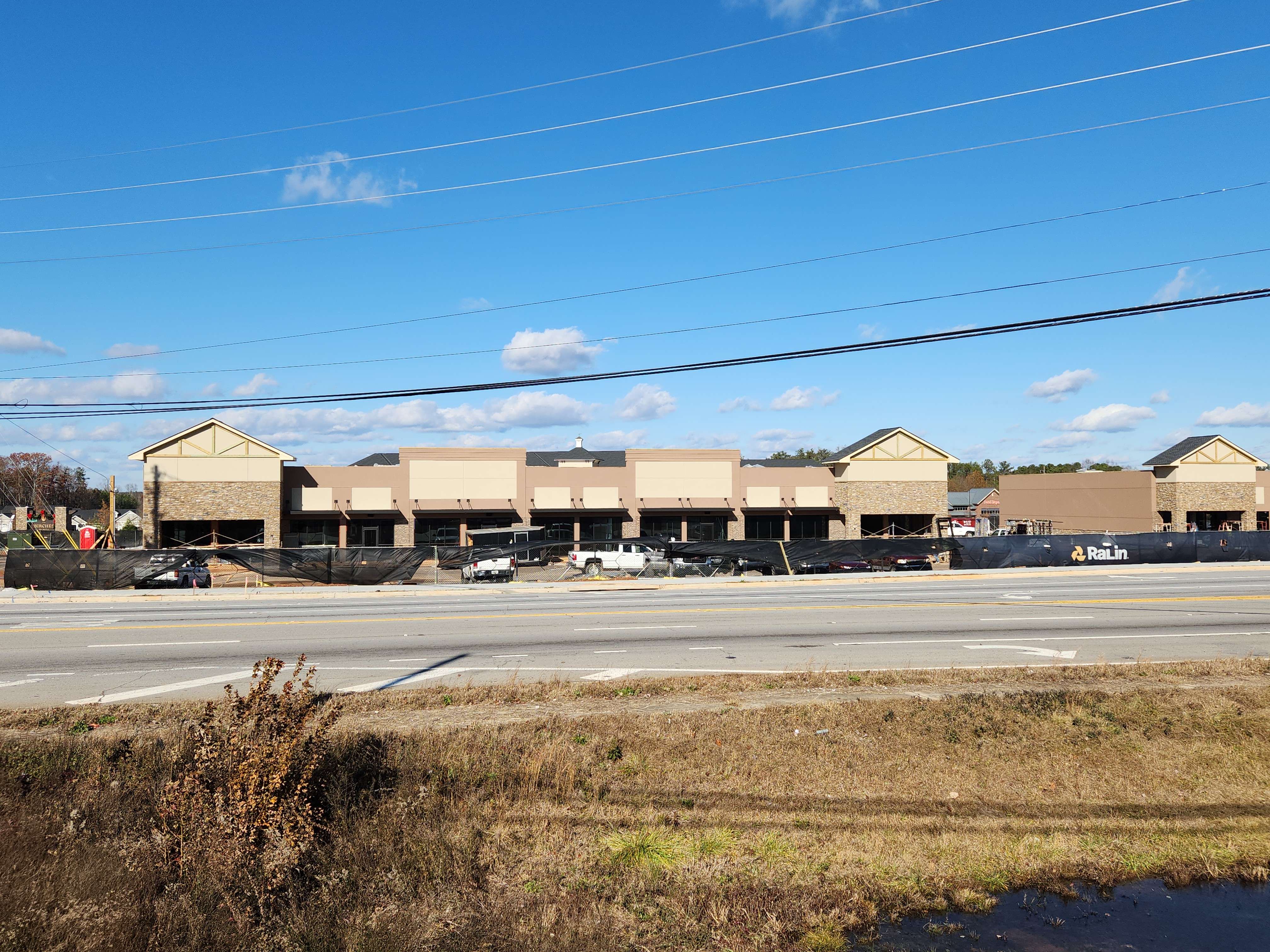The four-year graduation rate for Coweta County high school students rose to 82 percent in 2014, an increase of three and half points over the 2013 rate.
All three Coweta County high schools saw an increase in their graduation rates in the 2013-14 graduation report released by the Georgia Department of Education. Coweta County’s average four-year graduation rate was nearly ten points above the Georgia average of 72.5 percent.
Coweta’s high school principals attribute rising graduation rates to a number of factors, including closely tracking student performance, working closely with students to advise them and identify their individual needs, and offering multiple opportunities for student support, remediation and advanced opportunities.
“It is also the result of a lot of hard work and dedication on the part of our students and our teachers,” said East Coweta Principal Evan Horton. “I am very proud of the individual efforts that these trends reflect.”
This is the fourth year Georgia has calculated high school graduation rates using a new formula – known as the four-year adjusted cohort rate – now required by the U.S. Department of Education. The rate follows the students who enter high school together as freshmen (the ‘cohort’) who then go on to earn a diploma within four years. The calculation of the rate adjusts for student transfers.
In contrast, Georgia’s former graduation rate calculation defined the cohort upon graduation, which may have included students who took more than four years to graduate.
The Georgia Department of Education reported that Georgia’s public high school graduation rate has increased for the third consecutive year, rising from 71.8 percent in 2013 to 72.5 percent in 2014, and rising a total of 5.1 percentage points since 2011. Coweta’s rate increased from 78.6 percent in 2013 to 82.0 percent in 2014.
Newnan High School principal Chase Puckett said that Coweta County has achieved high on-time graduation rates through increased opportunities for all students, including traditional academic programs and through non-traditional means like dual-enrollment, advanced placements, and virtual school courses.
“Students are provided countless opportunities to take rigorous and engaging coursework, provided by teachers who are not only content masters, but also enjoy working with young people to become college and career ready,” said Puckett.
Northgate High School Principal Bill Harrison said that a variety of methods are employed to give students the support they need to graduate in four years. Use of student data is a big part of that, he said. Student performance is regularly monitored, assessment results are used to drive instruction, and advisors work closely with students to set grade goals and determine what academic support and advanced opportunities would best improve academic performance.
Tutoring is available for any student in need, said Harrison, and writing workshops are emphasized (and even offered during the summer months). Students who struggle may also be assigned a mentor who will work with the student more frequently.
“Students who struggle in any course can be prescribed remediation activities by their teacher,” said NHS’s Puckett. “Much like a doctor writes a prescription based on specific symptoms, teachers can write a prescription for specific standards to be addressed to ensure future success.”
The approach is meant to ensure all students have mastered the content. “In the past, the emphasis might be on retaking an entire course after the semester ends. Now we focus on identifying weaknesses in mastering specific standards throughout the course of the class and providing assistance and remediation while the class is ongoing.”
That may include improving reading fluency or comprehension through the school’s literacy initiative, math tutoring before school by a certified math teacher, or year-long math courses for students who need the additional time to master the content.
Advanced classes, non-traditional opportunities and extracurricular opportunities are also important, to keep students engaged and focused on their particular post-graduation plans. “We know that students who are involved in extracurricular activities tend to have better attendance and grades and are more likely to be on task and engaged in their learning,” said Puckett. “It also helps to make a large school feel a good bit smaller.”
Coweta Superintendent Steve Barker said that the county’s elementary and middle schools play an enormous role in the county’s rising graduation rates.
“It is a foundational effort,” said Barker. “Our graduation rate begins with a focus in elementary and middle schools to ensure that the academic skills necessary for lifelong learning are developed. That effort, coupled with greater individualization and support at the high school level, has produced greater success for students.”
Mark Whitlock, Director of Public Policy for the Coweta County School System, noted that improved student support has been a systematic goal of the school system and the Coweta County Board of Education.
“Our School District has become even more intentional in what we do to focus on academic achievement,” said Whitlock. “You can connect our student performance to a clear Strategic Plan for our school system, and to a culture of continuous improvement that requires schools to take innovative approaches” ranging from greater use of new technology to credit recovery opportunities.
Those innovations include “making new and deeper connections with stakeholders in our community,” said Whitlock, including support organizations like Communities in Schools, post-secondary institutions for greater dual-enrollment choices, local companies for internships and apprenticeships, and school system teachers to develop more advanced instruction.”
“That emphasis on innovation is why our system ranks among the best in the nation in educational return-on-investment,” said Whitlock. “It results in improved student achievement and greater efficiency in spending.”
Cutline: All three Coweta County high schools saw an increase in their graduation rates in 2014, and Coweta County’s overall four-year graduation rate rose to 82 percent. Above, Coweta County high schools’ 2014 Valedictorians and Salutatorias – left to right, Maggie Shiffert and Brennan Lockwood (Northgate High School), Amber Akbar and Ghe Jin “Rachel” Ahn (East Coweta High School), Hannah Katherine Chapman and Annie Hass (Newnan High School)
Contact: Dean Jackson
Office of Public Information
Phone: 770-254-2736
Fax: 770-254-2807






